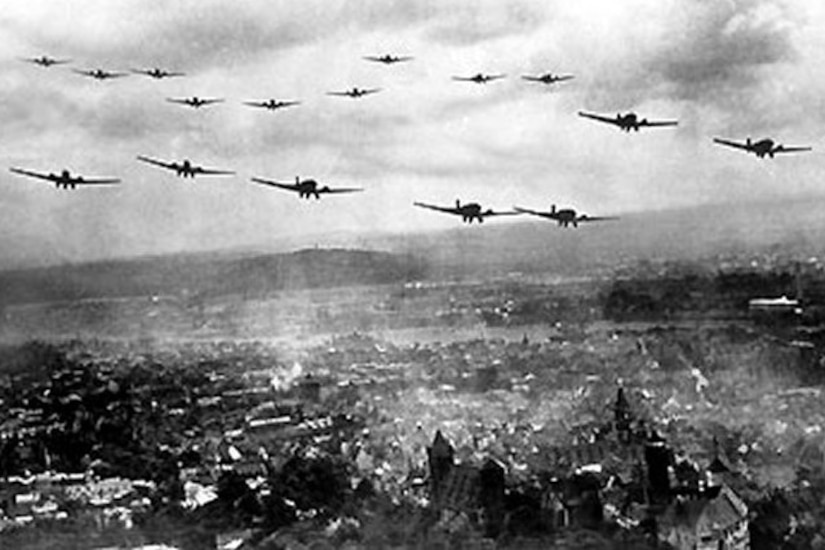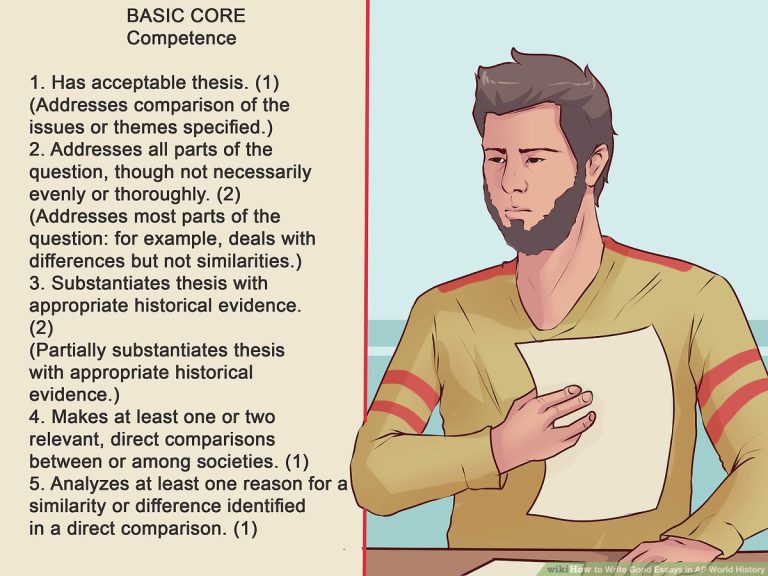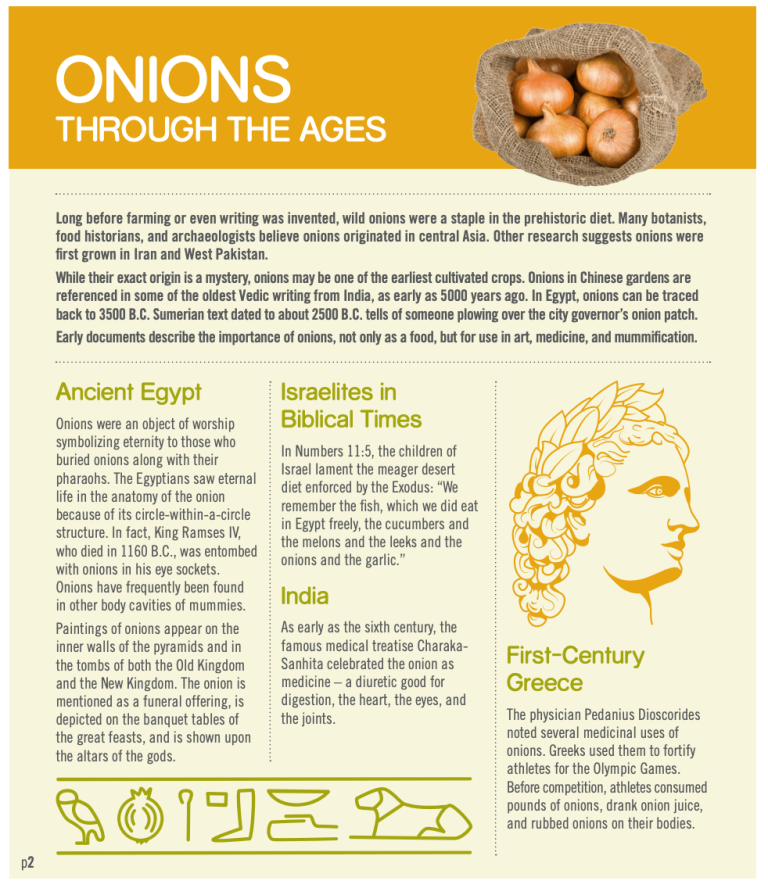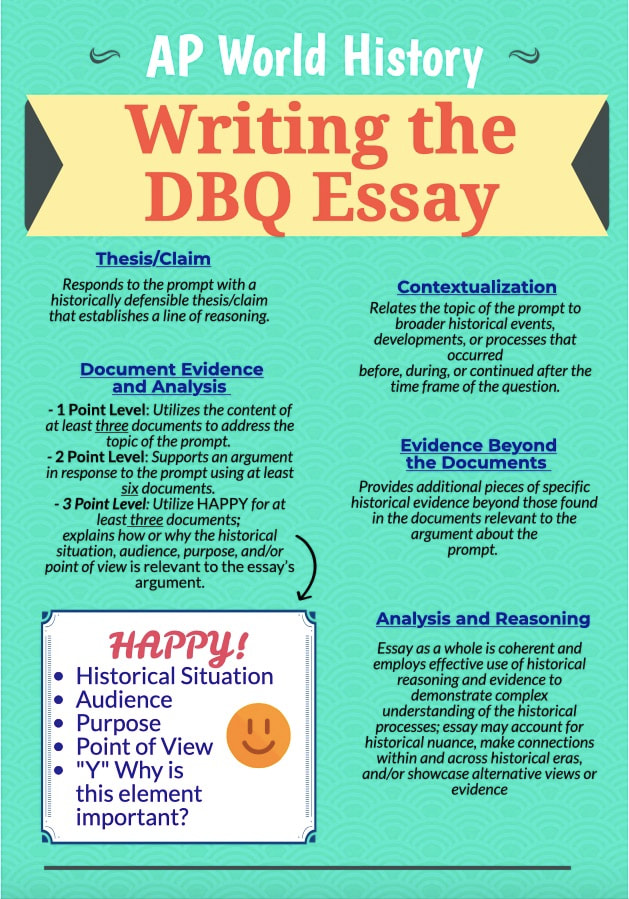Why Was World War 2 An Important Event In History
World War 2 was an important event in history for many reasons. It was the most devastating war in human history, resulting in the deaths of over 70 million people. It was also a pivotal point in the development of international relations, as it marked the start of the Cold War and the rise of two world superpowers. Furthermore, the war saw the emergence of the United Nations and the adoption of the Universal Declaration of Human Rights. The war also marked the beginning of the atomic age and the eventual end of colonialism. Finally, it is remembered as a time of great courage and heroism, in which people from around the world rallied together to fight for freedom and justice.
Causes of World War 2
World War 2 was one of the most devastating conflicts in human history, lasting for six years and claiming the lives of millions of people. The causes of the war are highly debated, and the complex origins of the conflict can be traced back to the Treaty of Versailles, the rise of fascism, and the failure of the League of Nations. The Treaty of Versailles, which ended WWI, was widely seen as an unjust punishment of Germany and was a major factor in the rise of Adolf Hitler and the Nazi party. Hitler’s rise to power in 1933 and his aggressive foreign policy led to the rearmament of Germany and the beginnings of World War 2. Italy and Japan also formed alliances with Germany, adding to the tensions in Europe and Asia. The League of Nations, which was intended to prevent future wars, failed to deal with the rising dangers of fascism, and its ineffectiveness helped to pave the way for the war. World War 2 was an important event in history due to its devastating consequences, and its causes continue to be studied and debated by historians to this day.
Major Events of World War 2
World War II was one of the most significant and consequential events in history. It was a global conflict that spanned from 1939 to 1945, with more than 100 million people serving in military units and millions of lives being lost. The war saw the fall of Nazi Germany, the surrender of Japan, and the end of the Axis Powers. Major events of World War II included the Holocaust, the atomic bombings of Hiroshima and Nagasaki, the Battle of the Bulge, and the D-Day invasion of Normandy. The Holocaust was the systematic genocide of Jews, Romani, and other minority groups by Nazi Germany, while the atomic bombings of Hiroshima and Nagasaki were the first and only operations of nuclear warfare in the history of mankind. The Battle of the Bulge was a major German offensive in the Ardennes region of Belgium and Luxembourg, while the D-Day invasion of Normandy marked the beginning of the liberation of Europe. These events of World War II shaped the world we know today and serve as an important reminder of the consequences of war.
Impact of World War 2 on Global Politics
World War 2 (WW2) was a major event in human history, with immense consequences for the entire world. It was a global conflict that lasted from 1939 to 1945 involving the majority of the world’s nations, with the most powerful countries being Germany, Japan, and the United States. The war had a major impact on global politics, leaving long-term consequences that are still felt to this day.
WW2 changed the political landscape in Europe, leading to the decline of European colonialism and the eventual emergence of the United Nations. The war also saw the rise of the Soviet Union and the United States as two superpowers, and the start of the Cold War. In addition, the war led to the establishment of the state of Israel, and the creation of the United Nations Security Council.
The war also had a profound effect on economies around the world, leading to a post-war economic boom in the United States and other countries. The war also led to an increased focus on international cooperation, with the establishment of organizations like the International Monetary Fund and the World Bank.
WW2 also had a major impact on the development of technology, with advances in telecommunications, aircraft, and weaponry. This technology has had far-reaching consequences, and it is clear that the war had a major impact on the world we live in today.
In conclusion, WW2 was an important event in human history, with long-lasting impacts on global politics, economics, and technology. The war changed the political landscape in Europe, led to the emergence of the United Nations, and had a profound effect on the development of technology. It is clear that the world would be a very different place without this major event in history.

Impact of World War 2 on Technology and Military Tactics
World War 2 (WW2) was a pivotal event in world history which had a significant impact on technology and military tactics. WW2 marked the introduction of modern warfare, as the Axis and Allied nations used new weapons, aircraft, and tactics to gain a strategic advantage. The conflict saw the use of new technologies such as chemical weapons, radar, and nuclear weapons. On the battlefield, the war spurred the development of new military tactics, such as blitzkrieg, which allowed for rapid advances with the use of tanks and mechanized infantry. Furthermore, the war saw the development of advanced aircraft such as the jet fighter, as well as the first massive airborne operations. The war also saw the introduction of new types of military hardware, such as aircraft carriers, submarines, and amphibious assault ships. WW2 was a major milestone in the development of modern warfare, and it had a lasting impact on the way military forces engage in combat.
Impact of World War 2 on International Relations
World War 2 had a massive impact on international relations. It resulted in a complete reshaping of the political landscape of the world. Countries that were powerful before the war, such as the Soviet Union, were significantly weakened while countries like the United States and the United Kingdom were strengthened. The war led to the creation of the United Nations and other international organizations, which aimed to promote peace and stability in the world. The Cold War, a conflict between the United States and the Soviet Union, emerged from the aftermath of the war. The war also shaped ideologies and brought about significant changes in international law and diplomacy. In the wake of the war, many countries adopted new economic policies and became more open to international trade. The conflict also caused a massive displacement of people, creating a large refugee crisis. The consequences of World War 2 are still felt today, as many of the changes it brought about still linger in today’s international relations.
Legacy of World War 2
The Second World War was a defining moment in world history that not only changed the course of the twentieth century, but also left a lasting legacy for generations to come. The war saw the end of the Nazi regime and the Axis powers, while also ushering in a new era of world peace and global cooperation. The human cost of the war was immense, with millions of lives lost and countless more changed forever. The war also marked a turning point in international relations, with the establishment of the United Nations and the growth of global economic and political cooperation.
The legacy of World War 2 is also still felt today in the form of international treaties, organizations, and events. The war saw the creation of the United Nations, and the emergence of the United States and the Soviet Union as two of the world’s most powerful nations. The war also led to the creation of the NATO alliance, and the formation of the European Union. World War 2 also left a lasting legacy in terms of technology, with advances in military hardware, medical science, and communication. Finally, the war also left a mark on popular culture, with films, books, and music still being inspired by the conflict.
FAQs About the Why Was World War 2 An Important Event In History
Q1. What were the main causes of World War 2?
A1. The main causes of World War 2 were the unresolved issues from World War 1, the rise of fascism in Europe, and the aggression of Nazi Germany.
Q2. What was the outcome of World War 2?
A2. The outcome of World War 2 was the defeat of the Axis powers, the establishment of the United Nations, and the start of the Cold War.
Q3. How did World War 2 shape modern history?
A3. World War 2 shaped modern history by ushering in a new era of international cooperation and global conflict, as well as hastening the end of colonialism in many parts of the world. It also led to the creation of the United Nations and the development of international law.
Conclusion
World War II was an important event in history because it marked a shift in the balance of power in the world, leading to the creation of the United Nations and a new international order. It also marked the beginning of the Cold War, which would shape international relations for decades to come. Additionally, it was a conflict that saw unprecedented destruction and loss of life, with estimates of more than 70 million casualties, making it one of the deadliest wars in human history. The war also saw the development of new weapons and military technologies, such as nuclear weapons. Finally, World War II was a major event in terms of advancing human rights and social justice, with the creation of the Universal Declaration of Human Rights and the Nuremberg Trials. All of these factors, combined, make World War II one of the most important events in human history.




